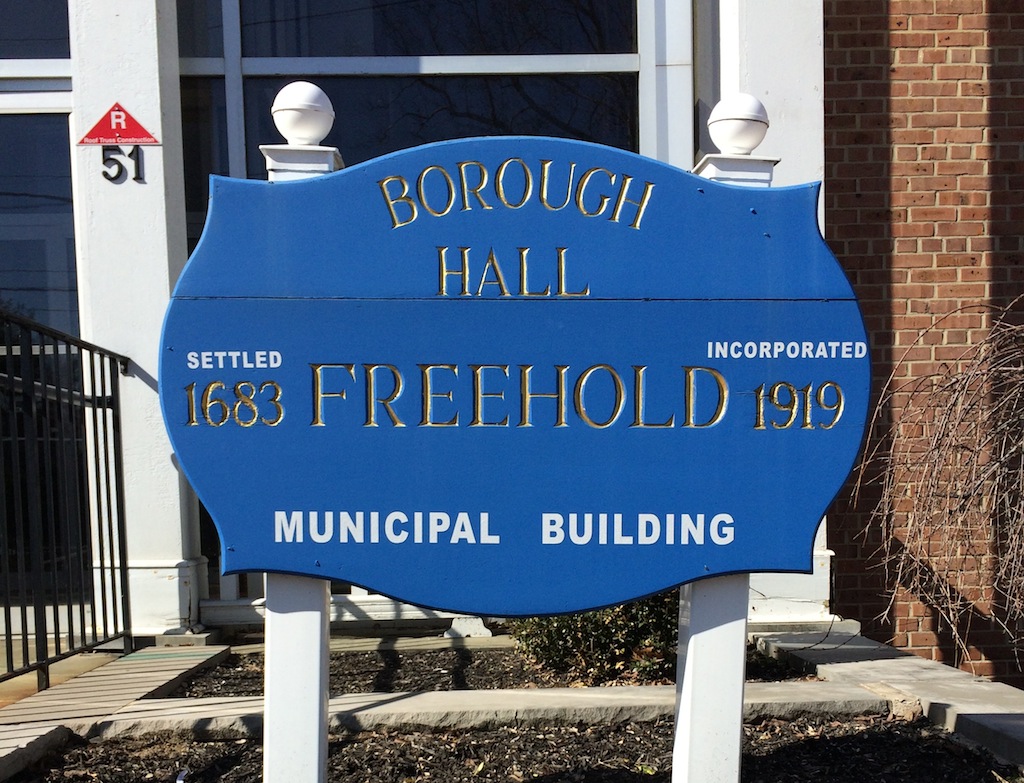FREEHOLD – The Borough Council has introduced a bond ordinance that, if adopted, will provide initial funding for the design and construction of a new water treatment plant in Freehold Borough.
The ordinance was introduced March 5 and a public hearing is scheduled for March 19. Council members may adopt the ordinance following the public hearing.
The ordinance appropriates $500,000, consisting of a $25,000 down payment and authorizing the issuance of $475,000 in bonds and notes.
The ordinance’s introduction follows a financial analysis and review of the existing water treatment plant that was presented during a special meeting earlier this year by Meghan Bennett Clark and James Fearon of GluckWalrath, LLP, the borough’s bond counsel, and by Michael Hanley of NW Financial Advisory, a financial adviser to state and local governments and authorities.
The cost of building a new water treatment plant has been estimated at $4.4 million, according to borough officials, who have been discussing the possibility since 2016, when the firm of Mott MacDonald conducted an analysis of the existing water treatment plant on Waterworks Road.
Borough officials were told that although the plant is maintained and operational with no major service disruptions, its primary equipment is approaching the end of its useful life. The plant was constructed in 1949 and most recently upgraded in 1977.
Council members were informed that although improvements could be made to address issues the plant is facing, the improvements would not address flooding concerns, or the pressure filters or the aeration and detention tanks that are approaching the end of their useful life.
A recommendation was made to build a new water treatment plant on the borough’s well field across Waterworks Road from the existing plant. Following the Jan. 29 special meeting, council members voiced their support of constructing a new plant and on March 5, with the introduction of the bond ordinance, took the first step toward doing so.




